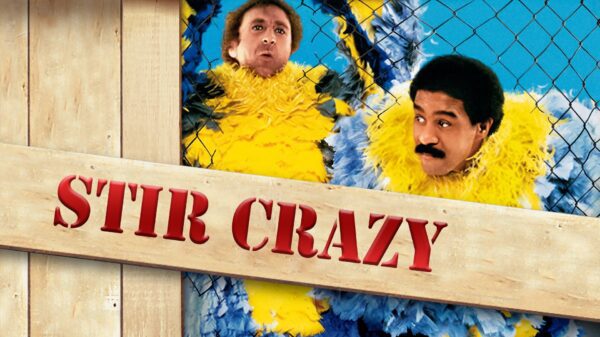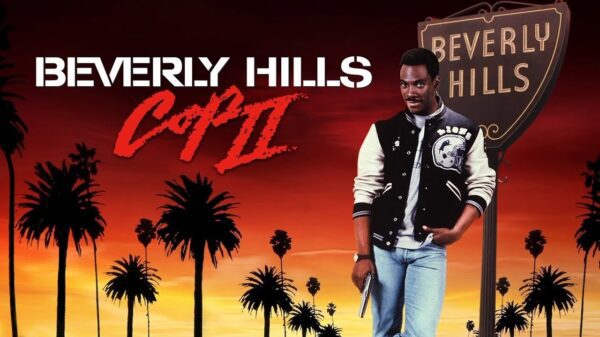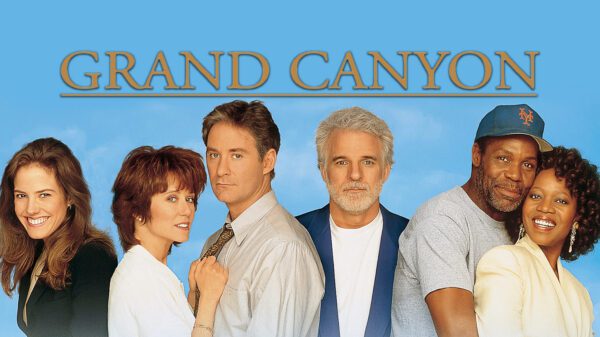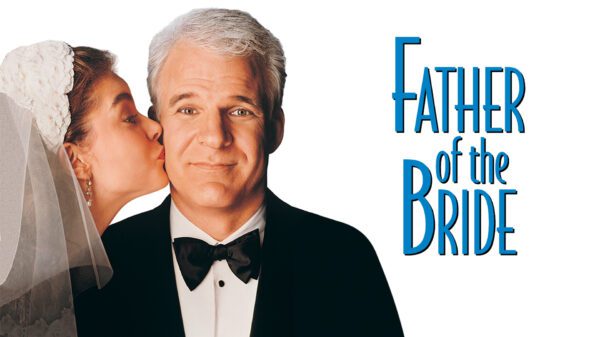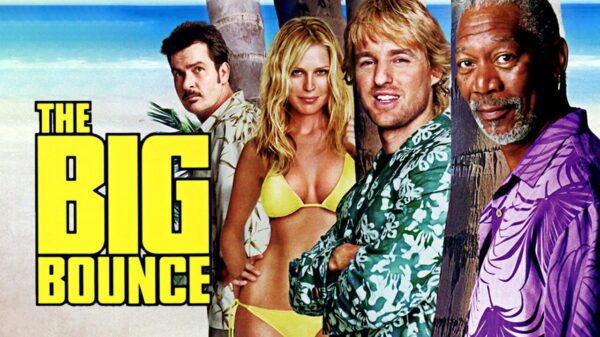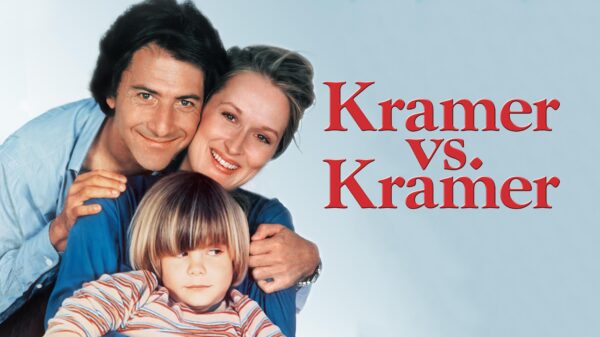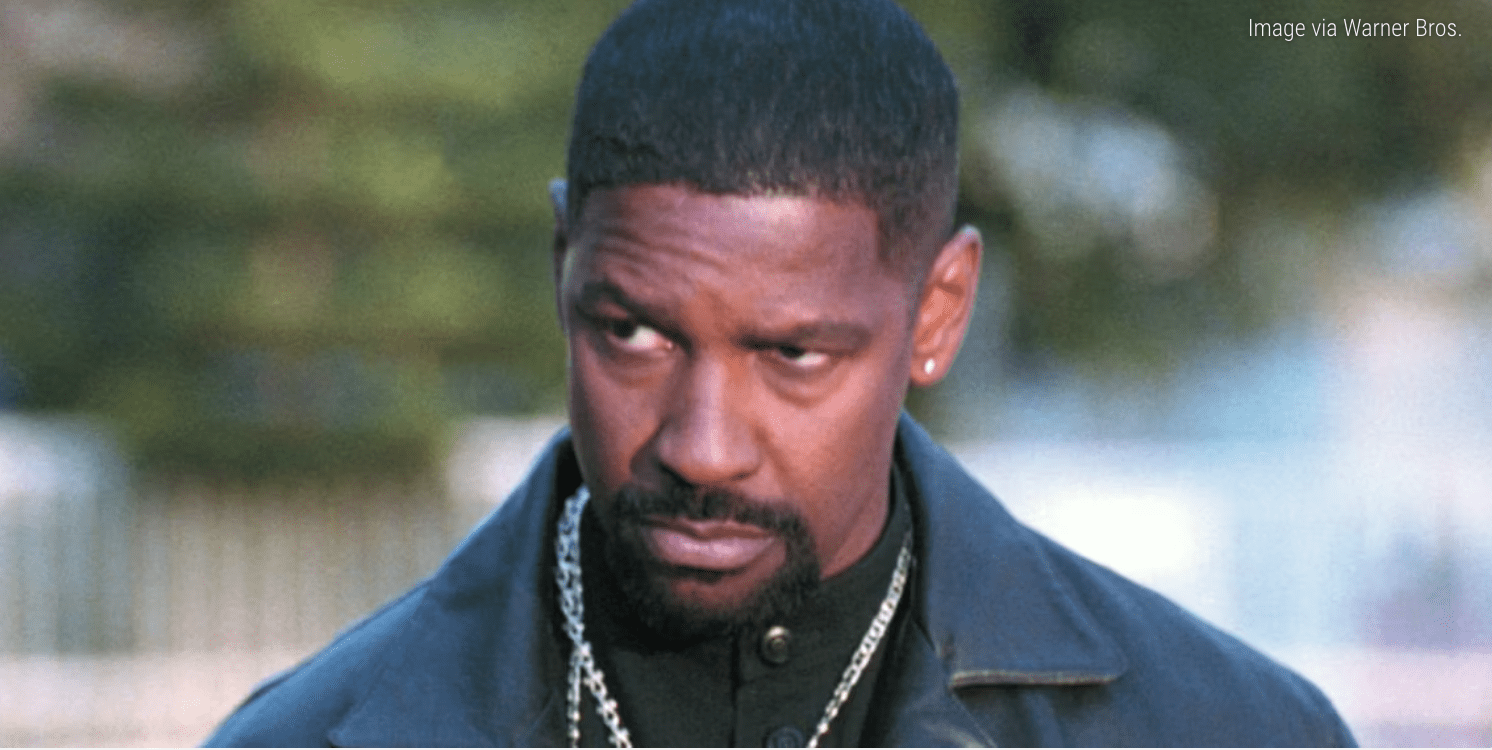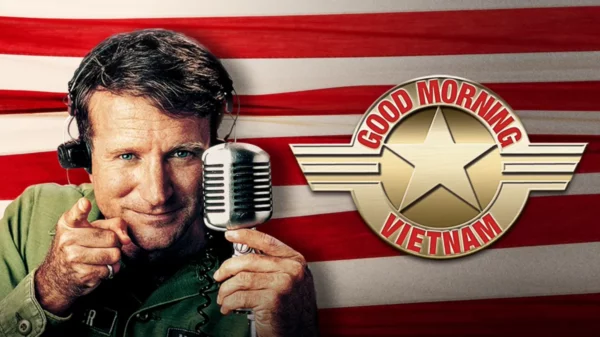Looking for Mr. Goodbar, released in theaters on October 19, 1977, is anchored by Diane Keaton’s daring performance, is a haunting portrait of personal liberation gone off the rails. Featuring an impressive ensemble with Tuesday Weld, William Atherton, Richard Kiley, Richard Gere, and Tom Berenger, the film renders a raw and restless picture of the 1970s, when sexual revolution, identity, and danger collided in neon-lit clubs and quiet apartments.
Theresa Dunn (Keaton) is a committed schoolteacher devoted to her deaf students by day, but by night she seeks release from a life shaped by Catholic guilt and the suffocating expectations of her family.
Scarred both physically and emotionally by a childhood illness and a repressive upbringing, she navigates a double life: responsible, intelligent educator in the daylight and restless seeker in the shadows.
Encouraged by her free-spirited sister Katherine (Weld), Theresa begins frequenting urban singles bars, where fleeting encounters and the buzz of disco lights substitute for genuine connection. She becomes involved with a string of men, from the needy James (Atherton) to the volatile Tony (Gere), each relationship leaving her further alienated from both love and herself.
Drawn deeper into a nightlife drenched in alcohol, drugs, and sex, Theresa mistakes independence for fulfillment.
Despite moments of clarity, she is consumed by an internal tug-of-war between liberation and moral restraint.
As her increasingly reckless search for meaning collides with her need for acceptance, Theresa’s world narrows to a dangerous intersection of desire and self-destruction.
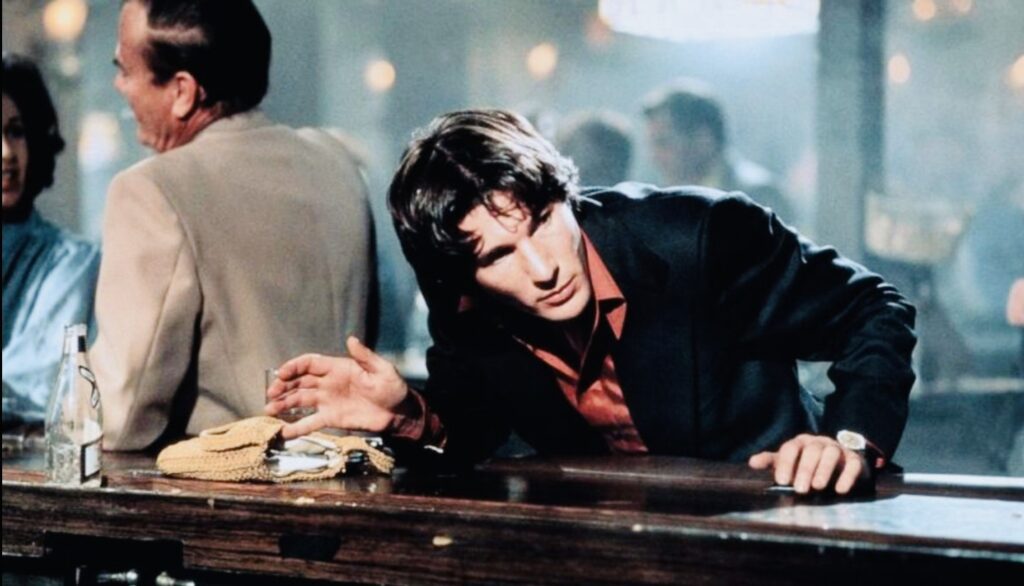
Richard Gere in Looking for Mr. Goodbar (Photo/Paramount Pictures)
Performances and Direction
Keaton brings staggering emotional depth to Theresa, balancing fragility and defiance in a role far removed from her Annie Hall persona.
Weld’s Oscar-nominated performance as her confident yet crumbling sister offers a sharp counterpoint.
Gere, in an early career highlight, exudes youthful magnetism and menace.
Alan Feinstein, Priscilla Pointer, LeVar Burton and Brian Dennehy round out the cast.
Richard Brooks directs with an unflinching, documentary-like realism—capturing the grit and confusion of post-counterculture America with bold honesty and no moral absolution.
Reception for Looking for Mr. Goodbar
Looking for Mr. Goodbar grossed $1.5 million on its opening weekend, finishing second behind Star Wars: Episode IV – A New Hope, which earned $2.9 million in its 22nd weekend to remain atop the box office.
The film would gross $22.5 million in its theatrical run.
Roger Ebert gave the film three out of four stars in his review.
Legacy
Looking for Mr. Goodbar endures as one of the most provocative and debated films of its time—a searing critique of the dream and disillusionment of sexual liberation.
The film remains one of the decade’s most talked-about psychological dramas—provocative, ambiguous, and tragic and its fearless confrontation with sexuality, repression, and the hunger for autonomy has kept it relevant, even as its style and tone divide audiences.


